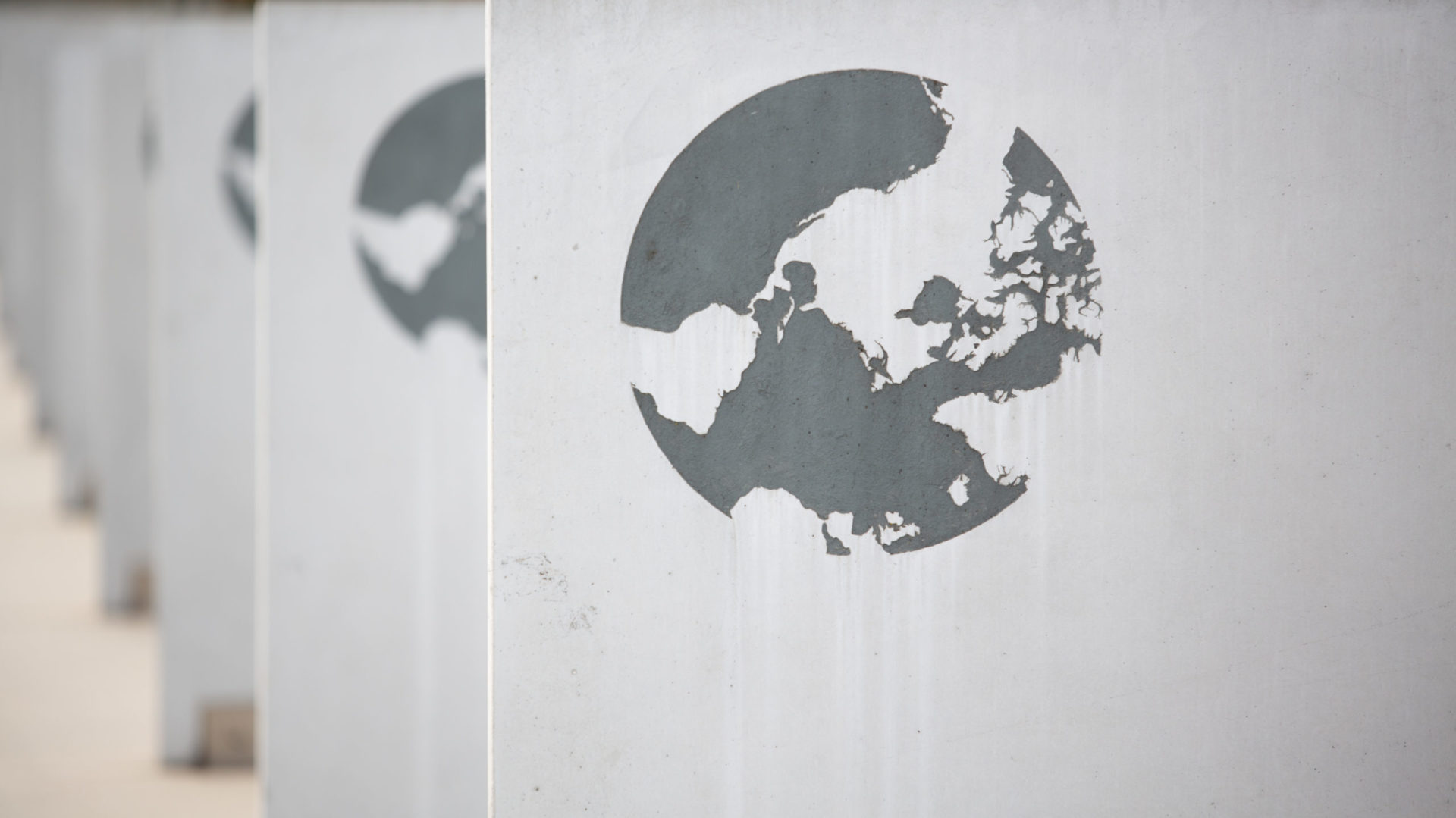We make this statement on the sidelines of the Interactive Dialogue under Item 3 of the Council’s 47th session agenda and in response to the Special Rapporteur on the promotion and protection of the right to freedom of opinion and expression’s report to the Council.
Human Rights House Foundation is cataloguing a number of worrying trends across Eastern Europe and the Caucasus when it comes to disinformation.
The first involves the public delegitimisation of civil society through smear campaigns and public narratives that question the role of civil society organisations and particularly the role of human rights defenders. Such narratives insinuate that human rights defenders and their organisations do not have the best intentions for society at heart, rather that they are sort of “enemy within”. These narratives are often promoted nationally in the media and can have the explicit support of the authorities.
For example, in Georgia, … far-right groups and their leaders, as well as high-ranking representatives of the ruling party, continue to make incendiary remarks about the organisers and participants of Tbilisi Pride, an important event in support of the LGBT+ community. In fact, over the years, the Georgian authorities have failed to live up to their international commitments and adequately protect the LGTB+ community and their supporters and defenders in the exercise of their human rights.
Furthermore, in Armenia over the last two years, human rights defenders and organisations have been subjected to raised levels of hate speech and disinformation, physical attacks, and online threats. The inability of the Armenian government to protect HRDs and voice support for them has created an atmosphere of impunity, enabling right-wing nationalistic groups and movements to make HRDs and HROs their primary target.
A second trend involves states actively working to silence human rights defenders and journalists that express dissenting views, especially critics of the government and those divulging cases of corruption or reporting on human rights violations. In addition, states are now adopting more restrictive legislation that criminalises defamation online and offline, as well as misusing existing legislation.
At the end of 2020, the Russian government introduced legislation restricting journalists’ activities online and offline. This included further expansion of the list of actors who can be designated “foreign agents” to include unregistered NGOs and individuals regardless of nationality. Russia also introduced a five-year jail sentence for libel which had previously been criminalized in 2012. As well as any direct criminal prosecutions of journalists for their reporting online and offline, the new legislation will almost certainly have a further chilling effect on the work of independent journalists in Russia and aid disinformation.
The Special Rapporteur’s report and its focus on disinformation is both timely and critically important for human rights defenders across Eastern Europe and the Caucasus. We implore the Council to remain vigilant on this topic and shine a spotlight on cases and trends related to it.
Thank you.





